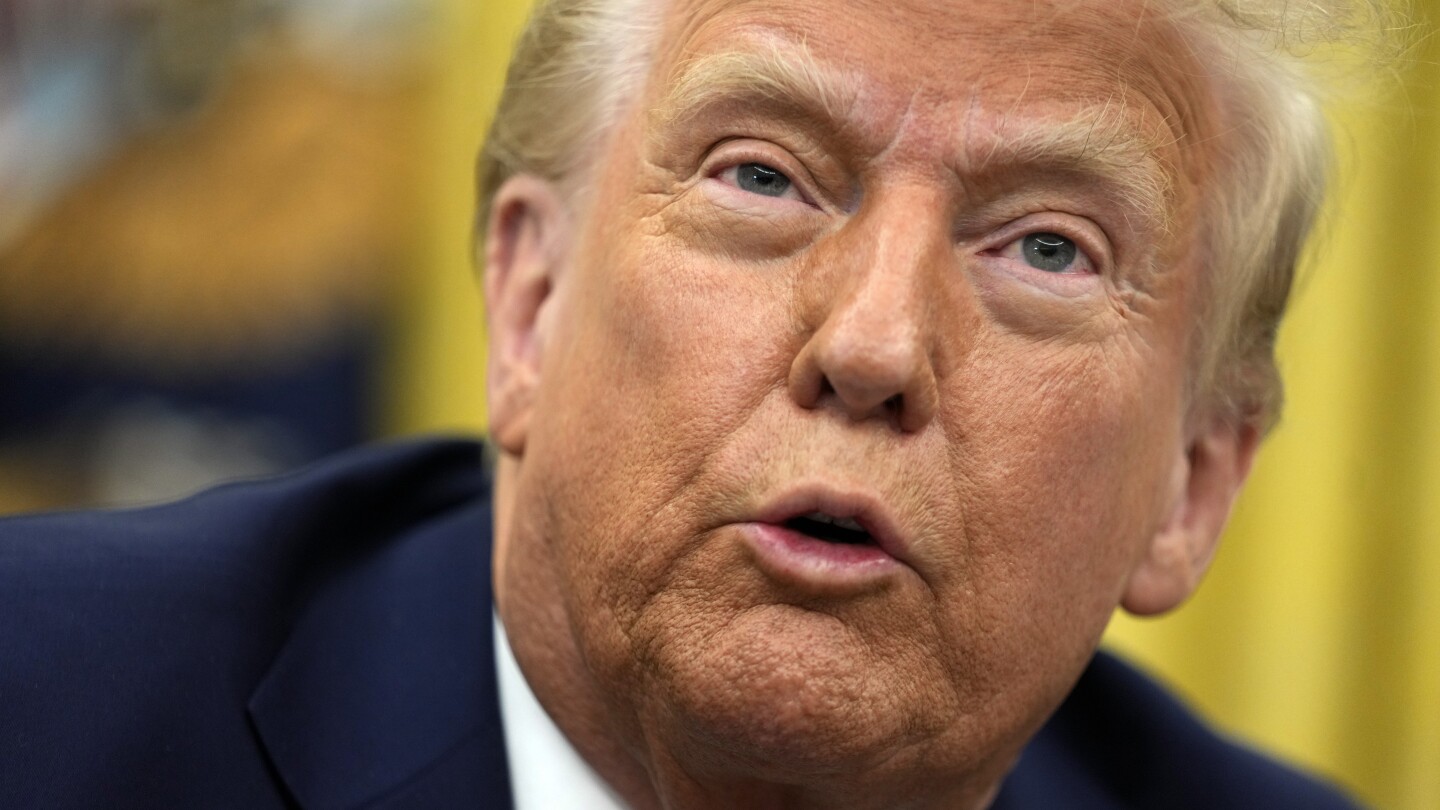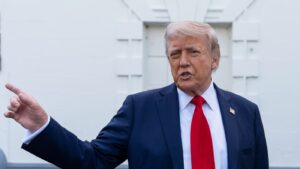In a significant setback to the Trump administration’s efforts to curtail diversity initiatives, a federal court has halted the implementation of recent executive orders targeting DEI programs. The ruling marks a pivotal moment in the ongoing national debate over diversity, equity, and inclusion practices in government-funded institutions and federal contractors.
Court blocks Trump’s DEI executive orders
Baltimore-based federal judge Adam Abelson issued an injunction against President Donald Trump’s executive orders that aimed to eliminate federal funding for diversity, equity, and inclusion (DEI) programs. The judge determined that the orders likely infringe upon constitutional free-speech protections.
The executive actions in question included two key directives. The first, signed on Trump’s initial day in office, commanded federal agencies to cease “equity-related” funding. A subsequent order required federal contractors to verify their non-participation in DEI initiatives.
Legal challenge and ruling
The city of Baltimore, along with several higher education organizations, initiated legal proceedings against these orders, contending they exceeded presidential authority and violated constitutional rights. During court proceedings, Judge Abelson specifically addressed the orders’ broad implications, stating, “The harm arises from the issuance of it as a public, vague, threatening executive order.”
While the Trump administration defended its position by claiming the orders only targeted DEI programs that violated federal civil rights laws, the judge found merit in the plaintiffs’ argument that the directives effectively discourage open support for diversity initiatives.
Scope of the injunction
The court’s ruling temporarily blocks the withdrawal of federal funding while the lawsuit proceeds through the legal system. However, the injunction maintains provisions allowing the attorney general to conduct investigations and compile reports on DEI practices, suggesting a balanced approach to oversight while protecting constitutional rights.
The case highlights the complex intersection of presidential authority, constitutional rights, and the ongoing national dialogue about diversity initiatives in American institutions.





